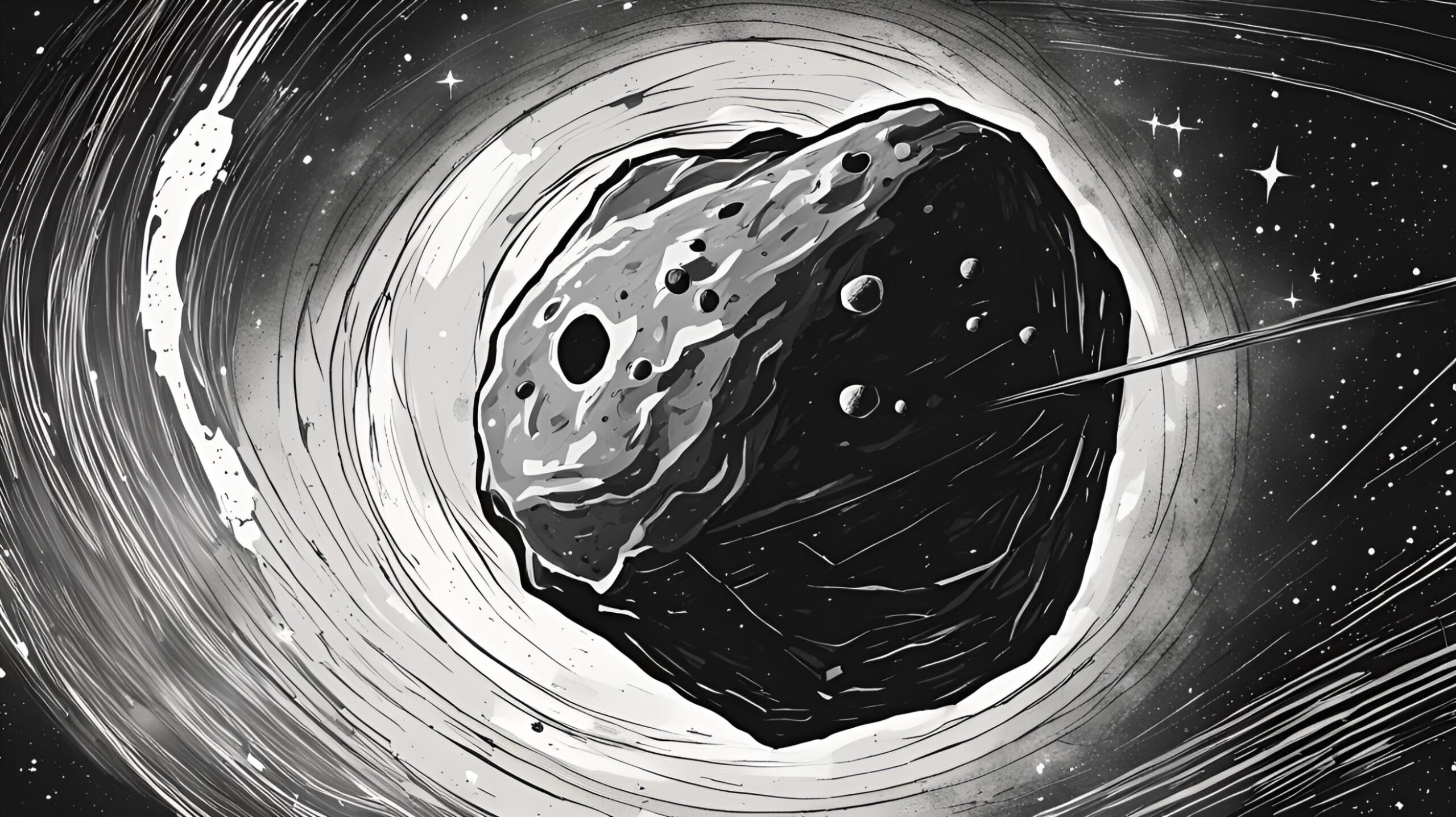Flashback to July 13
American History

On February 18, 1930, a significant event took place in the world of astronomy – US astronomer Clyde Tombaugh discovered the planet Pluto. This discovery marked a milestone in our understanding of the solar system and opened up new avenues for scientific exploration. In this article, we will delve into the details of this momentous event and its impact on our understanding of the universe.
Clyde Tombaugh, a young and ambitious astronomer, was working at the Lowell Observatory in Flagstaff, Arizona when he made this groundbreaking discovery. Tombaugh had been diligently observing the night sky, comparing photographs taken at different times to identify any celestial objects that appeared to move. This process involved using a blink comparator, a device that enables side-by-side comparison of images, allowing for the detection of any differences.
After countless hours of meticulous observation, Tombaugh noticed a faint object that appeared to be moving progressively over several nights. This object, later named Pluto, was initially mistaken for a star. However, Tombaugh’s dedication and attention to detail led him to confirm that this was indeed a planet – the ninth in our solar system.
The discovery of Pluto was met with great excitement and curiosity worldwide. It opened up a realm of questions about the furthest reaches of our solar system and its composition. Over the years, further research and exploration have shed light on the nature of Pluto and its place in the planetary hierarchy.
Initially, Pluto was classified as the ninth planet in the solar system. However, as advancements in technology and scientific understanding progressed, astronomers began to uncover more about Pluto’s unique characteristics. One significant finding was that Pluto had a highly elliptical and inclined orbit, unlike the relatively circular orbits of the other planets.
In 2006, the International Astronomical Union (IAU) redefined the definition of a planet, resulting in Pluto being reclassified as a “dwarf planet.” This decision sparked debates and discussions among astronomers and the general public, highlighting the dynamic and ever-evolving nature of scientific knowledge.
Despite its new designation, the discovery of Pluto remains a monumental event in the history of astronomy. It demonstrated the vastness of our solar system and the possibility of unknown celestial bodies lurking beyond the boundaries of our current knowledge. The discovery of Pluto also inspired further exploration of the outer regions of our solar system, leading to remarkable discoveries such as the Kuiper Belt, a region rich in icy objects beyond Neptune.
Clyde Tombaugh’s discovery of Pluto serves as a testament to the power of dedication, perseverance, and scientific curiosity. His keen eye and relentless efforts opened up new frontiers of research, giving astronomers and scientists a deeper understanding of our place in the universe.
the discovery of Pluto by US astronomer Clyde Tombaugh on February 18, 1930, marked a significant milestone in the field of astronomy. It expanded our knowledge of the solar system, leading to the redrawing of the planetary classification system. Though its status as a planet has been redefined, the influence of Pluto’s discovery is undeniable. It serves as a reminder that there is still much we have yet to discover about our vast universe.
We strive for accuracy. If you see something that doesn't look right, click here to contact us!
Sponsored Content

C Torres discovers asteroid…
On July 13, 1972,…

Oscar J Dunn, former…
On July 13, 1868,…

Henry Rowe Schoolcraft discovers…
On July 13, 1832,…

US Democratic National convention…
The US Democratic National…

New York City experiences…
On July 13, 1977,…

Anti-draft mobs lynch blacks…
The "Anti-draft mobs" in…

